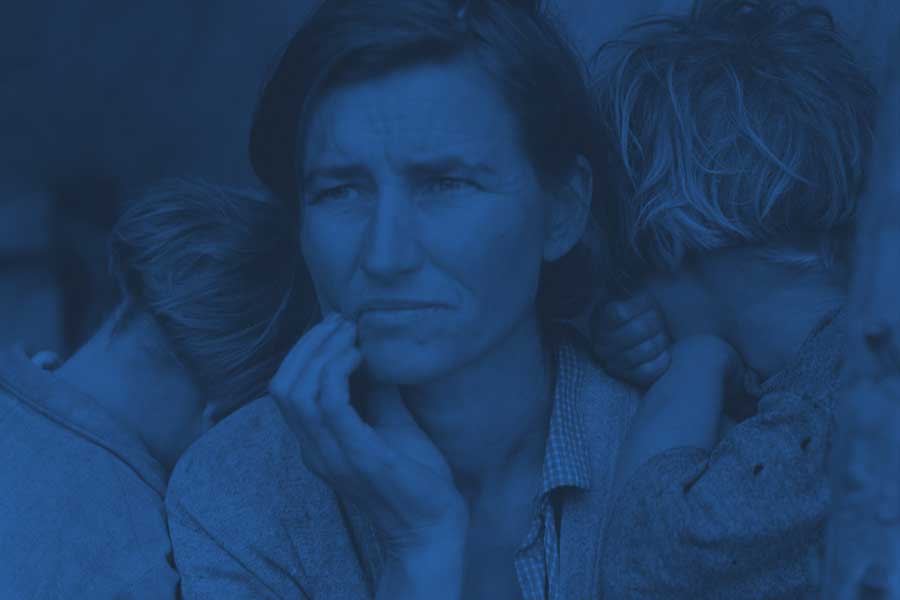How Bad is Parental Alcoholism?
The problem with an idiotic person is that he is not even aware that his activities are causing trouble for others, the same is true with alcoholics. For them, drinking is just like having a meal, nothing wrong with it right? Well, they can’t be more wrong! That’s the issue with any addiction and more so with alcohol. If we dig deeper into the roots of this menace, you will find that it is actually us who are to blame. We as a sane society have completely failed to acknowledge the fact that alcoholism is as bad as any other substance abuse. The only difference is that alcohol is a legal drug and to our dismay, it is socially acceptable.
What makes it worse is the fact that the person who is actually addicted does not realize the pain he bestows on his loved ones, especially his children. Children are worst affected by exposure to alcoholism. The reason is that they are still learning the ways of life and their parents are the first teachers. Imagine attending a school where everything wrong is taught. What kind of future citizens something like this would churn out is quite evident.
Children are Scarred Forever!
Parental alcoholism scars and wounds the souls of the children. Children of alcoholic parents are traumatized for life. We will be exploring this issue in detail here.
Normalcy is a mystery for children living with alcoholic parents. They have to guess what actually a “NORMAL” social behavior is. They see something at home and something entirely different in the places where sober people dwell. This creates confusion and a social mismatch in their young tender minds. They cannot look up to their parents for the answers and have to struggle hard to be normal as per social settings. This often makes them retreat to their cave, and these kids are generally seen as being aloof and becoming those who love solitude. They tend to avoid social situations altogether.
Children of alcoholic parents have social issues even when they grow up into adulthood. They think they are inadequate and lack self-confidence in dealing with day to day issues of life. They are highly self-judgmental and think that there is something seriously wrong with them. This hampers their life growth in a major way.
These children often believe that they are responsible for everything bad happening to them. They are very quick in being critical of their actions and would spend hours and hours at a stretch just wasting their productive time in useless introspection. These children also tend to shy away from social gatherings as they might have been exposed to the mess their parents use to create on such occasions.
They also suffer from anxiety and have trust issues. As adults, they can’t seem to trust anyone owning past experiences. They feel that everyone might eventually behave just like their alcoholic parents. This trust issue then leads to a lack of intimate adult relationships and broken marriages. These people are too scared to trust someone without being scared of the worst. We all know that the foundation of every relationship is trust and without it, humanity cannot thrive, but these children just can’t digest it and it’s because of what they have been exposed to. They also have poor decision-making skills and constantly seek the approval of others to take a step forward.
The Effects Of Childhood Trauma
All of that scarring can lead to childhood trauma which can have a profound and lasting effect on a person’s life. Trauma is any event that is threatening or harmful and can cause feelings of fear, helplessness, and overwhelm. Children are particularly vulnerable to trauma because their brains are still developing. Childhood trauma can cause changes in the brain that make it difficult to cope with stress, regulate emotions, and form positive relationships. Childhood trauma can also increase the risk of anxiety, depression, post-traumatic stress disorder (PTSD), substance abuse, and relationship difficulties later in life. It can also lead to chronic health problems like heart disease, obesity, and diabetes.
The Connection Between Childhood Trauma and Alcoholism
Childhood trauma is a significant risk factor for alcoholism. Alcoholism often runs in families, and children of alcoholics are more likely to develop the disease. There are several theories about why this is the case, but one of the most prevalent is that childhood trauma increases the risk of alcoholism. Traumatic events can include anything from physical abuse to emotional neglect. Children who experience trauma are more likely to develop problems with alcohol later in life. This is because trauma affects how the brain develops, leading to problems with impulse control and decision-making. Also, trauma can cause people to self-medicate with alcohol to cope with the pain.
A Bridge of Hope You Can Trust
If you have experienced childhood trauma, it’s essential to seek professional help to address the issue. With treatment, it is possible to heal childhood wounds and live a healthy and fulfilling life.


 Verify Insurance
Verify Insurance
 Toll Free Call
Toll Free Call